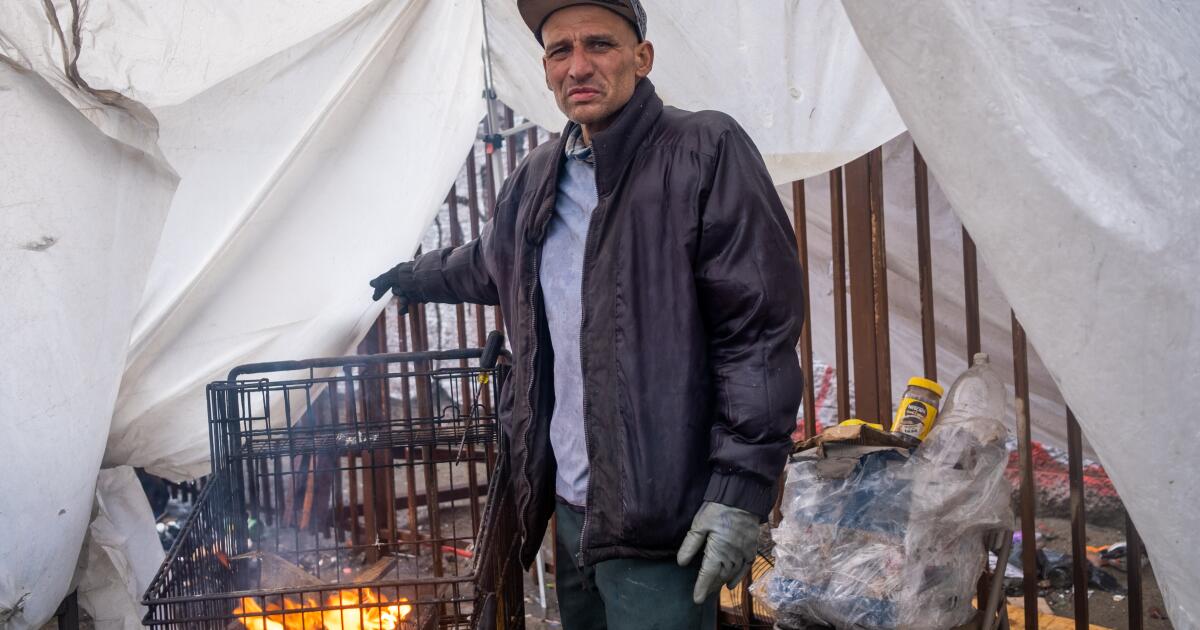If 100 homeless people were given $750 per month for a year, no questions asked, what would they spend it on?
That question was at the core of a controlled study conducted by a San Francisco-based nonprofit and the USC Suzanne Dworak-Peck School of Social Work.
The results were so promising that the researchers decided to publish results after only six months. The answer: food, 36.6%; housing, 19.5%; transportation, 12.7%; clothing, 11.5%; and healthcare, 6.2%, leaving only 13.6% uncategorized.
Those who got the stipend were less likely to be unsheltered after six months and able to meet more of their basic needs than a control group that got no money, and half as likely as the control group to have an episode of being unsheltered.



We’re honestly not at a point where UBI is sustainable. However, this clearly demonstrates that replacing existing welfare with straight up cash, and changing how that cash scales down as people approach a “normal minimum” income, is vastly superior to our current system
These experiments aren’t even trying to demonstrate that. And they don’t.
Except they do, because they show the value of fungible, no-questions-asked support
It’s not “BI” that needs to be demonstrated. It’s “U”.
Plus, these experiments do in fact ask questions about recipients’ income. Just like regular welfare programs.
I think you should reread this thread.
I think you’re neither serious nor sincere about making UBI work.
Interesting take- Why?
Obviously because of your “reread the thread” comment.
That’s not the response of someone who wants a meaningful discussion. That’s the response of someone who wants to end the discussion.
It’s the response of a person who thinks you’re having a conversation with someone else that you think you’re having with me, based on the not-quite-on-topic nature of your posting.
For instance, my first sentence in this entire comment section is